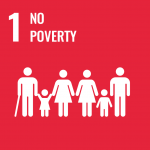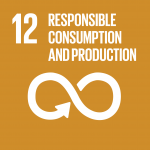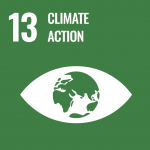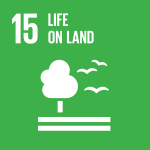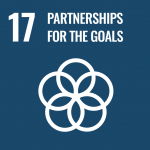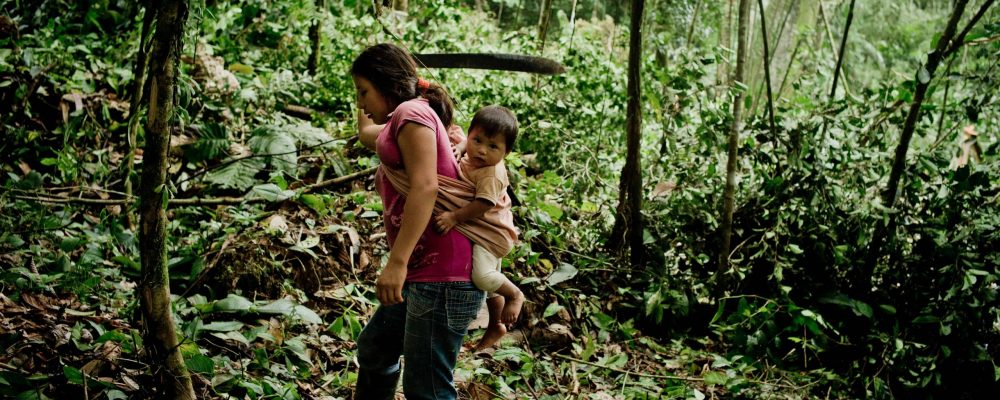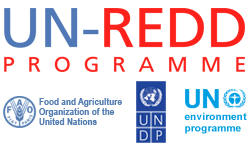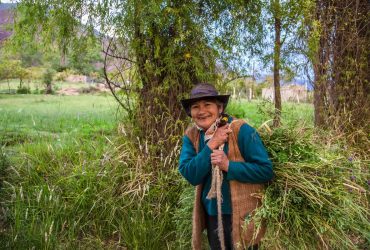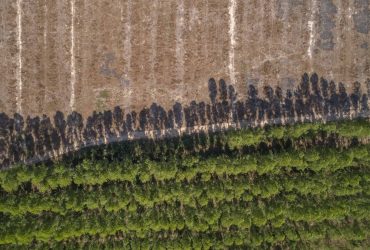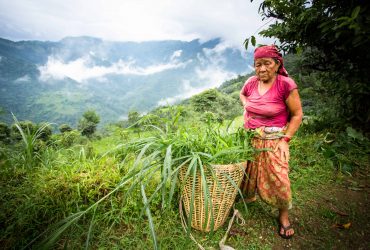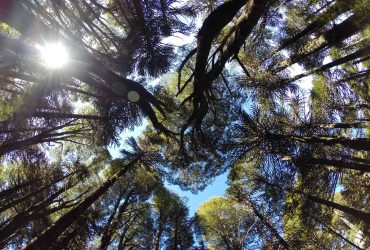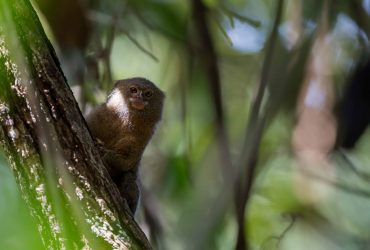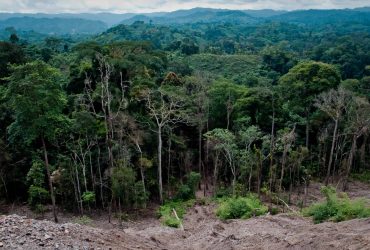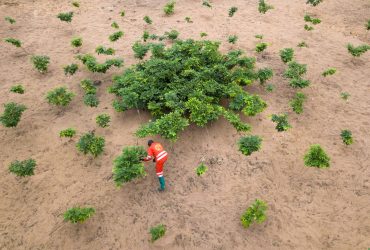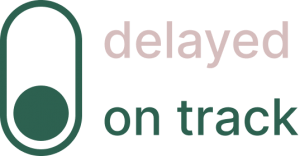


Forest Solutions Realized: In 2022, support was given to launch the deforestation-free certification scheme at the national level, and it was presented at COP 27. In addition, advice and technical assistance were provided to consolidate commercial agreements on deforestation-free production with internationally-renowned companies, such as Lavazza and Silva Cacao. This strengthened local producers’ capacities and the commercialization to international markets of their deforestation-free products. During 2022, FAPECAFES and APEOSAE, local Amazonia organizations, exported the first 17 tons of coffee and seven tons of cocoa certified as a sustainable deforestation-free Amazonian product. It is important to note that more than 35 percent of local producers are women who have played a vital role in the production and the negotiation with international companies.
The development of a safeguard framework for the Ecuador’s Zero Carbon Programme was supported, including a tool for risk assessment. These elements were considered in the regulation that will be issued for the operation of the Programme.
An exchange between Costa Rica and Ecuador on assessing forest degradation was also supported.
Forest Solutions Rewarded: During 2022, UN-REDD technical assistance convened several technical and political meetings to examine gaps, to map technical support needed, and to provide technical advice and support to address ART-TREES requirements and achieve certification under TREES. The UNDP Paris Agreement, LULUCF and NDC Tool (PLANT) evolved, and it continued to be a tool to underpin some national analysis. The country advanced with actions for addressing ART-TREES requirements to achieve certification under TREES and has a plan to move into the certification and registration stage under TREES in 2023. Also, legal and technical advice was provided to Ecuador to activate a Registry account for TREES document submissions to the ART Secretariat.
Regarding the ERPA negotiations, technical assistance has been provided to assess the draft Emissions Reduction Purchase Agreements (ERPA) shared by Emergent with Ecuador. This assessment included an analysis of the process, the document’s structure, issues identified, and recommendations. As a result, Ecuador signed memorandums of agreement (MOA) with Emergent outlining the next steps and putting in place a clear roadmap and timetable for the signing of binding ERPA by the end of April, 2023. The country has also launched a participatory process to build a benefit-sharing plan that will inform the distribution of benefits resulting from future ERs purchases.
Also, technical support regarding forest and carbon monitoring for ART-TREES included improvements on the conceptual framework for deforestation and forest degradation monitoring to comply with the requirements for carbon accounting and uncertainties under ART-TREES. Technical advice was provided on the available data to understand the magnitude of degradation emissions in the country for the ERPA negotiations. This allowed the negotiations for the MOA with Emergent. Also, technical and temporal needs for obtaining better data were recommended, due to the country’s conditions on historical satellite imagery for the reference period.
Concerning the safeguard elements of ART-TREES, support was provided by UN-REDD to clarify the requirements and assess gaps and alternatives. The country elaborated its third summary of safeguards information, and feedback from UN-REDD was incorporated; this report has considered the safeguards themes and indicators under ART-TREES. Following the development of this last summary of information, the safeguards section of the TREES Registration Document will be drafted.
Forest Solutions Enhanced: Ecuador developed its REDD+ financing sustainability strategy to mobilize international finance and the private sector for REDD+ actions and investments. This is a relevant instrument for expanding the PROAmazonia portfolio and for enhanced implementation of the NDC. In addition, the national scheme for deforestation-free production and trade represents a key pillar for NDC delivery, as agriculture is the major driver of deforestation and forest-based carbon emissions.
The country presented the second FREL in January, 2020 to the UNFCCC, and after the technical assessment, the government identified the need for considerable changes to improve the uncertainty of the data. Therefore, the updated second FREL has not yet been submitted to the UNFCCC. In November, 2021, the MAATE, with the support of the GCF ProAmazonia Project and the UN-REDD Programme, developed a roadmap to close gaps and strengthen the National Forest Monitoring System. This roadmap is under implementation, and the first result of the new approach was prioritized by REM for extending a third payment agreement for emissions reductions in 2019. The next step on the new NFMS approach is the implementation of the new methodological framework for the agreement with LEAF and ART-TREES, to be presented in October, 2023, and for the updated second FREL to be submitted in December, 2023. In addition, with UN-REDD technical advice, the country planned to test a proxy to accelerate the forest degradation accounting for June, 2023.
Regarding the ERPA negotiations, Ecuador, like other countries, has encountered several challenges. On the one hand, the proposed ERPA draft is confusing, not building from past ERPA practices, and excessively long, undermining country progress with LEAF engagements. On the other hand, there are a lot of issues with the proposed ERPA document, which is based on USA law, which is difficult to accept for sovereign nations as it undermines the preeminence of national legislation on such a matter as forest carbon management and transactions. The UN-REDD team is putting together an assessment of the LEAF ERPA proposal, so to help nations like Ecuador analyze and review it, then negotiate with the LEAF intermediaries.
Women have played a vital role in promoting deforestation-free products. Women producers of cacao and coffee have actively participated and engaged with international companies, such as Silva Cacao and Lavazza, to better understand commercial dynamics, how the retail chain behaves and reacts, and the importance of quality and sustainability. In all the events and meetings held between local producers and international companies, more than 35 percent of participants have been Amazonian women producers who have played an essential role in achieving commercial agreements of 17 Metric Tonnes (MT)of coffee and 7 MT of cacao.
Amazonian Indigenous groups have actively participated in the piloting of the national deforestation-free certification scheme. From the beginning, IPs and LCs have committed to enhancing a sustainable, deforestation-free system and played an essential role in the first-ever exportation of deforestation-free coffee and cacao beans to the European market.
Communities and Civil Society Organization (CSO) continue to be engaged in discussions of the REDD+ Round Table, where updates are periodically shared and key issues and next steps are defined.
In 2022, based on the process and advances made on FPIC under the GCF RBP project, Ecuador was selected to be a part of a regional assessment study on FPIC implementation, conducted by UNDP. Results are expected to be delivered in May, 2023, and the key lessons will be shared with UN-REDD partners and disseminated through UN-REDD communication channels.
The UN-REDD support to Ecuador, which underpins the implementation of the National REDD+ Action Plan, contributes to numerous Sustainable Development Goals, including SDG 1, 12, 13, 15 and 17.
